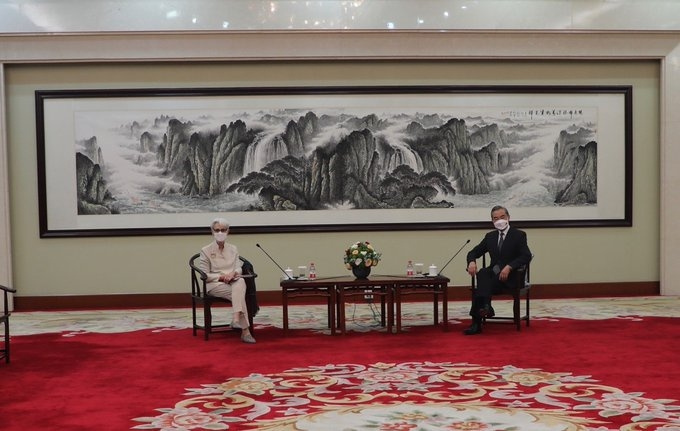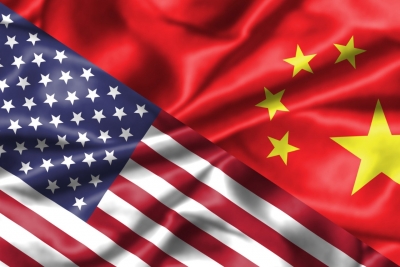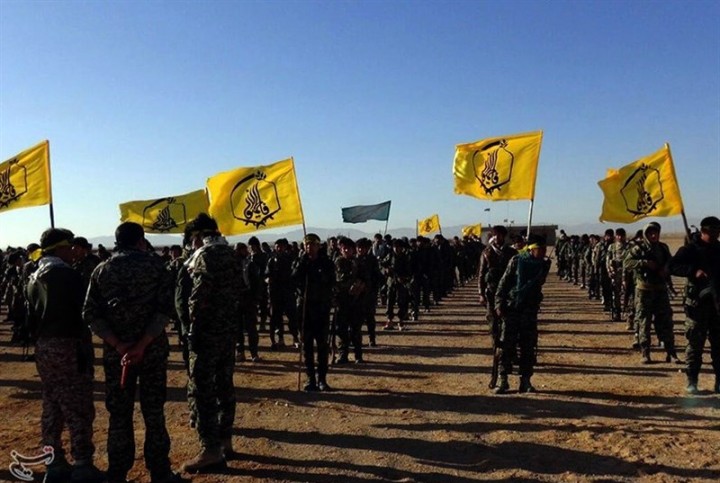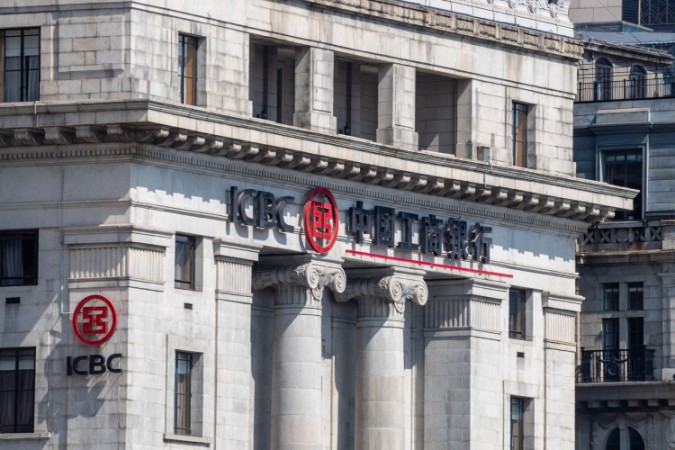US Deputy Secretary of State Wendy Sherman will meet China’s ambassador to Washington Qin Gang on Thursday as part of the exercise to pave the way for a summit between US President Joe Biden and Chinese President Xi Jinping.
Qin Gang took up his assignment in Washington in late July. He has struck an optimistic note amid the ongoing tensions between the two countries by saying that there is a great potential for better bilateral relations. He was earlier a vice foreign minister who has served as an envoy in Europe.
Voice of America says that he replaced China's longest serving ambassador to the US–Cui Tiankai, who spent eight years in Washington.
The two nations are paving the path to the big meeting between US President Joe Biden and Leader for Life Xi Jinping, which is most likely to take place in late October this year. Both sides have been sharpening the pitch before the all-important meeting.
In my meeting with PRC Foreign Minister Wang Yi today, I spoke about the United States’ commitment to healthy competition, protecting human rights and democratic values, and strengthening the rules-based international order that benefits us all. pic.twitter.com/dAVK5thO01
— Wendy R. Sherman (@DeputySecState) July 26, 2021
For Sherman, this would be her second important meeting with Chinese officials in the last fortnight. In late July she was in Beijing to meet Chinese Foreign Minister Wang Yi. Both sides acknowledged the tension in the relationship by advocating solutions that stand poles apart.
After the meeting, Sherman tweeted: "In my meeting with PRC Foreign Minister Wang Yi today, I spoke about the United States’ commitment to healthy competition, protecting human rights and democratic values, and strengthening the rules-based international order that benefits us all".
The Chinese Ministry of Foreign Affairs said: "it requires serious consideration for the US side to make correct choices as to whether the bilateral ties will head to confrontation or improvement. Your visit to China is a part of mutual contact and dialogue between China and the United States, and the two sides should enhance mutual understanding, erase misunderstanding, avoid misjudgment and better manage differences via constant dialogues".
Relations between Beijing and Washington have declined over trade disputes, tension in the Taiwan Strait and South China Sea as well as the coronavirus pandemic. Adding to these have been US sanctions on Chinese officials allegedly involved in human rights violations in Xinjiang, Hong Kong and Tibet.
China's oft-repeated challenge that it is the world leader and not the US has added to the tension.
American allies Japan and Taiwan are facing problems with an increasingly aggressive China. While Japan has been running a high decibel campaign against Chinese belligerence in the region, Taiwan has recently appealed to the US to restrain China from upping tensions in the region.
South Korea, too, has been feeling uncomfortable with North Korea's weapon acquisition from China.
On the other hand, China is unhappy with the US. It has strong suspicions about the four-member Quad, perceived American interference in the South China Sea–a region which it considers its own backyard.
Beijing has also made its annoyance felt with the US and its allies for holding drills in the region and for pursuing the freedom of navigation in the region.



















